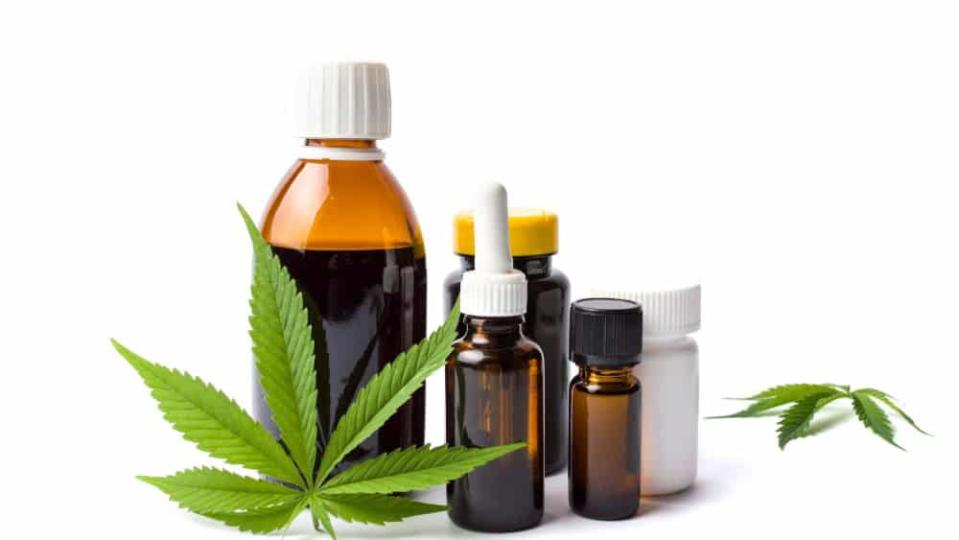Are These Canada’s Lowest-Cost Cannabis Producers?

Debate is raging as to whether there are any more substantial gains ahead for Canadian cannabis stocks. The industry has been harshly handled by the market in the wake of Canopy Growth’s shock fiscal 2019 results, an ongoing regulatory investigation at CannTrust, and fears that profitability for many cannabis companies is a long way off.
High costs and lack of profitability
A key concern haunting the industry is that legal cannabis cultivation, processing, and sales may not be as profitable as industry pundits led investors to believe. A key reason for this, aside from the fear the global legal marijuana market may not be as large as initially anticipated, is the cost of producing cannabis in energy-intensive, climate-controlled greenhouses can be enormous.
This has been eating into the profitability of Canadian cultivators with Canopy reporting for fiscal 2019 that it had a total cost of sale, including inventory and biological asset adjustments, of $5.65 per gram of marijuana sold. That had a sharp impact on its gross margin, which, for the period, was 22% or less than half the 48% reported a year earlier.
For those reasons, investors seeking to bolster their exposure to the cannabis industry need to focus on identifying low-cost operators.
One of the lowest-cost cultivators in Canada is OrganiGram (TSXV:OGI)(NASDAQ:OGI). For its fiscal third quarter 2019, it reported cost of sales of $2.70 per gram, or less than half of Canopy’s full-year costs. That saw it reported an impressive gross margin of 50%, which, while 10% lower than the previous quarter, was 2% greater than a year earlier. Those low costs translated into $7.7 million of EBITDA for the quarter and an impressive adjusted EBITDA margin of 31%.
Surprisingly, OrganiGram was able to achieve such low costs, despite using indoor cultivation, supporting its claims that it is not as costly or energy intensive as claimed. The cultivator, however, still reported a net loss of $10.2 million compared to a profit of $2.8 million for the equivalent quarter in 2018. That can be blamed on a sharp increase in costs, including $12.5 million being charged to fair-value changes for biological assets and inventory. Once that charge is included in the cost of sales, that blows out to $5.17 per gram, or almost double the initial amount and only slightly lower the $5.65 per gram reported by Canopy for its fiscal full year 2019.
An even lower-cost producer is HEXO (TSX:HEXO)(NYSE:HEXO). For its fiscal third quarter, it reported that it cost $2.26 per gram of cannabis sold; that could be the lowest reported by Canada’s major cultivators. For that period, HEXO’s net loss ballooned out to $7.8 million, or almost four times greater than a year earlier. This can be attributed to a sharp increase in general and administrative expenses from HEXO focusing on expanding its operations.
Foolish takeaway
Those low costs make OrganiGram and HEXO appealing investments, as does the looming legalization of cannabis edibles and extracts, with both cultivators focused on entering that market. OrganiGram has invested in a facility to manufacture cannabis-infused chocolates with the ability to produce around four million kilograms of chocolates annually.
Meanwhile, HEXO has established a joint venture with brewer Molson Coors to develop non-alcoholic, cannabis-infused beverages. Molson Coors holds a controlling 57.5% interest in the venture with the remainder owned by HEXO.
Analysts believe that edibles in Canada will be worth up to $2.7 billion, and the market will be dominated by cannabis beverages. It is anticipated that edibles, beverages, and other processed recreational cannabis products will have significantly higher margins than dried flower. This means OrganiGram and HEXO, because of their low cannabis production costs, will experience a solid lift in profitability and net income, once they start selling marijuana-infused products.
More reading
Health Canada Just Revoked the Licence of a Cannabis Operator: Is CannTrust (TSX:TRST) Next?
Battle of the Rail Stocks: CN Rail (TSX:CNR) vs. CP Rail (TSX:CP) ... Which Should You Buy?
Fool contributor Matt Smith has no position in any of the stocks mentioned. The Motley Fool owns shares of Molson Coors Brewing.
The Motley Fool’s purpose is to help the world invest, better. Click here now for your free subscription to Take Stock, The Motley Fool Canada’s free investing newsletter. Packed with stock ideas and investing advice, it is essential reading for anyone looking to build and grow their wealth in the years ahead. Motley Fool Canada 2019

 Yahoo Finance
Yahoo Finance 